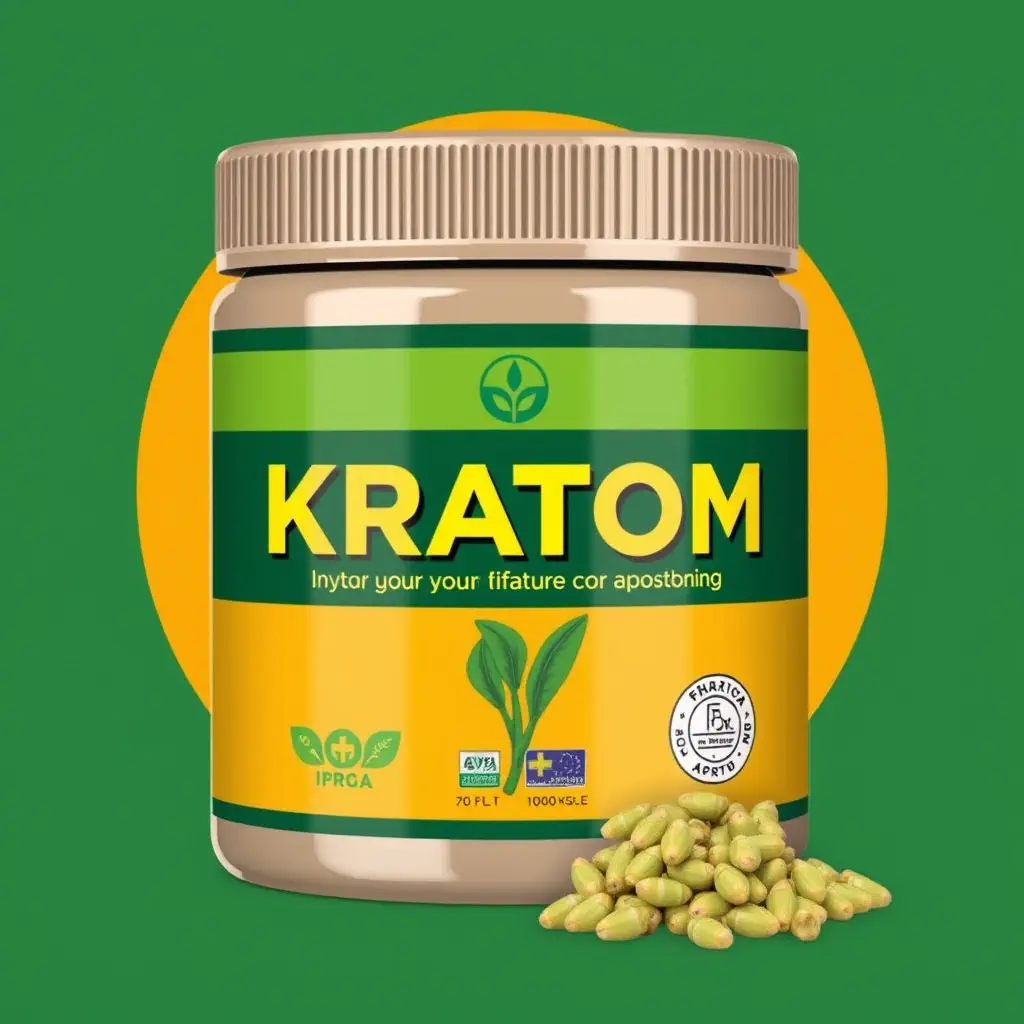Kratom, derived from Southeast Asian plants and traditionally used for medicinal purposes, contains compounds like mitragynine and 7-hydroxymitragynine that may alleviate pain by interacting with opioid receptors. While it offers a natural alternative for pain management, concerns about its impact on liver health have surfaced, prompting the need for careful monitoring of liver function among users, especially those with pre-existing liver conditions or who use other liver-affecting substances. Research has shown mixed results; moderate kratom use generally does not cause significant liver enzyme changes, but high doses have been linked to liver damage in some cases. The relationship between kratom consumption and liver function is complex, influenced by factors such as dosage, frequency of use, individual metabolism, and interactions with other substances. Therefore, individuals considering kratom for pain management should consult healthcare professionals, consider regular liver function testing, and be aware that the effects on liver health can vary. The does kratom affect liver question remains a subject of ongoing study, with a consensus emphasizing caution and informed decision-making to ensure its safe use does not compromise liver health.
Exploring the intersection of botanical remedies and pain relief, this article delves into the potential of kratom as a natural pain management solution. Known for its alkaloid content, kratom has garnered attention for its analgesic properties. A key focus will be on how kratom might influence liver health, addressing the prevalent concern, “Does kratom affect liver?” We will dissect this relationship in-depth, ensuring a comprehensive understanding of its implications. Furthermore, we’ll balance the discussion by weighing the benefits against the risks associated with chronic pain management and kratom use. Join us as we navigate the complexities surrounding this intriguing plant and its role in the natural wellness landscape.
- Understanding Kratom's Role in Natural Pain Management
- Exploring the Connection Between Kratom and Liver Health: A Closer Look at Does Kratom Affect Liver
- Balancing Benefits and Risks: Considering Kratom for Chronic Pain Management
Understanding Kratom's Role in Natural Pain Management

Kratom, a tropical evergreen tree native to Southeast Asia, has been traditionally used for its stimulant and sedative effects, as well as its potential analgesic properties. The active compounds in kratom, mitragynine and 7-hydroxymitragynine, are believed to interact with the body’s opioid receptors, providing pain relief without the need for synthetic opioids. However, it is crucial for individuals considering kratom as a natural pain management solution to understand its potential impact on liver health. Studies have shown that long-term use of kratom can affect liver function, as evidenced by cases reporting elevated liver enzymes and liver inflammation. The extent to which kratom does affect the liver is still under investigation, but it is a factor that users must consider. Regular monitoring of liver health through blood tests may be advisable for those who use kratom consistently, especially if they have pre-existing liver conditions or engage in other behaviors that could impact liver function. Understanding the role of kratom in natural pain management involves not only recognizing its potential benefits but also being aware of its limitations and potential risks, particularly regarding liver health. As such, users should approach kratom with caution and consult healthcare professionals to ensure safe use and to explore alternative pain management options that may be more suited to their individual health profiles.
Exploring the Connection Between Kratom and Liver Health: A Closer Look at Does Kratom Affect Liver

MIT scientists have conducted research on the impact of kratom, a supplement derived from the leaves of Mitragyna speciosa, on liver health, given the concerns surrounding its use and potential effects. The studies have revealed a complex relationship between kratom consumption and liver function. While some early studies suggested that kratom could pose a risk to liver health due to its interaction with hepatic enzymes, more recent and comprehensive research has provided a nuanced view. These investigations have found that the influence of kratom on liver parameters depends on various factors including dosage, frequency of use, individual metabolism, and the presence of other substances within the user’s system.
In a detailed analysis of available data, researchers observed that moderate kratom intake did not lead to significant changes in liver markers, such as alanine aminotransferase (ALT) and aspartate aminotransferase (AST), which are indicators of liver health. However, cases of liver damage associated with high-dose kratom use have been documented, highlighting the importance of careful consideration of dosage. The findings underscore that while kratom may not inherently affect liver health in all users, its impact can be detrimental under certain conditions. Therefore, it is crucial for individuals considering kratom as a part of their pain management regimen to consult with healthcare professionals and monitor their liver health through regular check-ups, especially if using it concurrently with other hepatotoxic substances. This vigilance can help mitigate risks and ensure that the use of kratom does not compromise liver function.
Balancing Benefits and Risks: Considering Kratom for Chronic Pain Management

Mitigating chronic pain through natural means often leads individuals to explore various supplements, with kratom being a notable option due to its potential analgesic properties. Kratom, derived from the leaves of the Mitragyna speciosa tree, has been traditionally used in Southeast Asia for centuries. Its efficacy in managing pain has been a subject of growing interest, particularly among those seeking alternatives to opioids. However, the use of kratom is not without its considerations; a primary concern being its impact on liver health, as indicated by studies suggesting that kratom can affect liver function. The American Liver Foundation highlights that individuals with liver conditions should approach kratom with caution.
Balancing the potential benefits against the risks is crucial when considering kratom for chronic pain management. Kratom interacts with the opioid receptors in the brain, providing relief for some, yet its effects on liver health are a significant point of discussion. The alkaloids present in kratom, such as mitragynine and 7-hydroxymitragynine, have been implicated in hepatotoxicity cases. Users contemplating the use of kratom should be aware that while it may offer relief from pain without the side effects associated with opioids, its long-term effects on liver health require careful consideration and ongoing research. It is advisable for those managing chronic pain to consult healthcare professionals before integrating kratom into their regimen, especially if they have a history of liver disease or are taking other hepatic substances. This ensures a comprehensive approach to pain management that weighs the potential therapeutic benefits against the known and potential risks associated with kratom use.
In conclusion, kratom has emerged as a subject of interest in the realm of natural pain management, offering potential relief for those experiencing chronic discomfort. Its role is multifaceted, intertwining with considerations of liver health, a key concern for any supplemental remedy. A thorough examination, such as the one exploring “does kratom affect liver,” is pivotal in understanding the substance’s impact on this critical organ. While the benefits and risks associated with kratom use must be carefully weighed, especially when considering long-term pain management strategies, it remains a compelling alternative for individuals seeking natural solutions. It is imperative for potential users to consult healthcare professionals and consider the full spectrum of effects and implications before integrating kratom into their health regimen.






